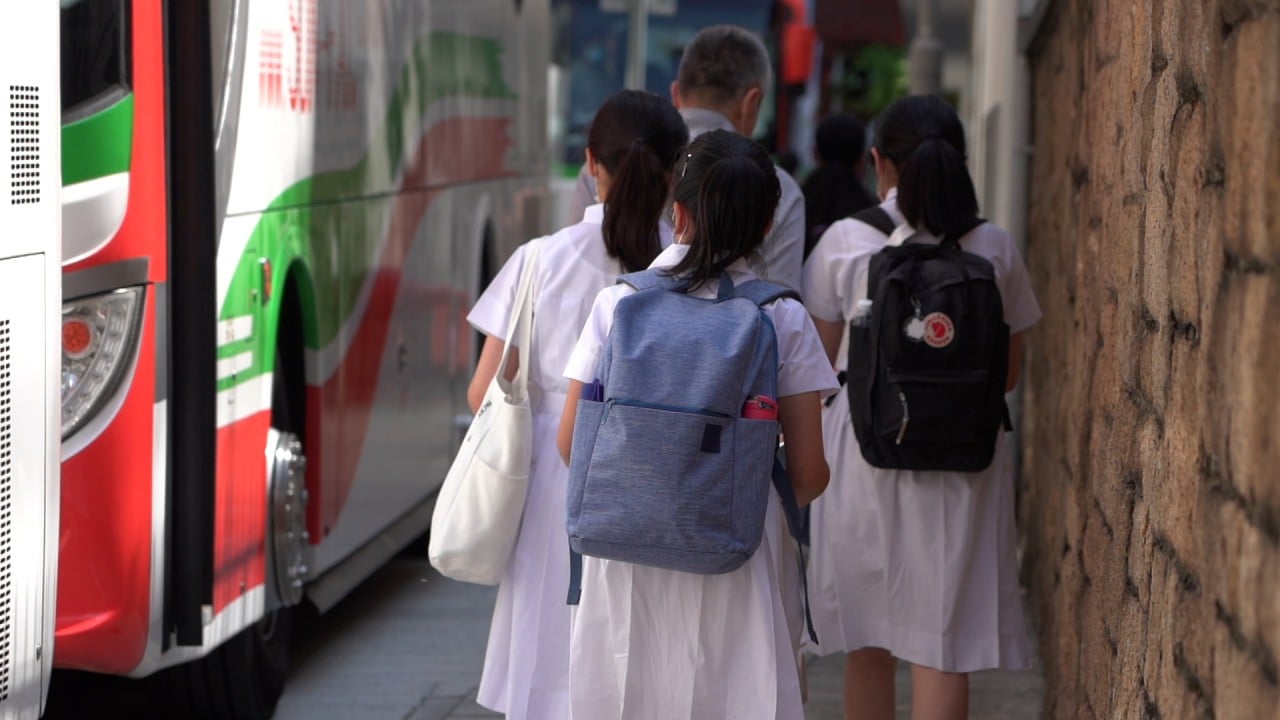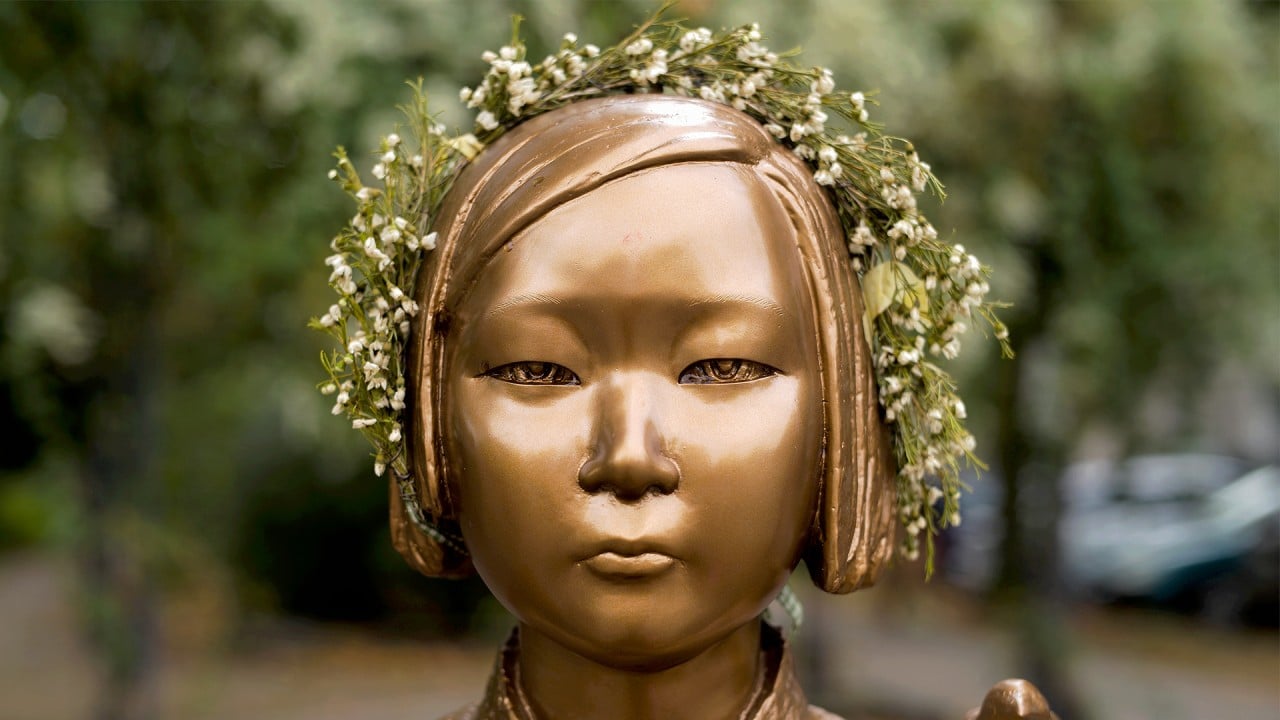
Rather than legal reform, Hong Kong must first enforce laws to protect the vulnerable
- Beijing’s call for Hong Kong to review its legal system to ensure loyalty to the party, country and people – in that order – is surely less critical than the challenge of ensuring it serves society’s most vulnerable, including the city’s many foreign domestic workers
They should certainly give leaders, lawyers and the public much to think about, not to mention devising ways of bringing them to fruition. Here is one excerpt from his speech at a two-day meeting of Communist Party leaders this past week on legal governance issues: “It is necessary to strengthen the education of ideas and beliefs, carry out the education of socialist core values and socialist concept of rule of law in depth, promote the revolutionisation, regularisation, specialisation and professionalisation of the specialised rule of law team and ensure loyalty to the party, the country, the people and the law.”
It was instructive, though not surprising, that Xi placed loyalty to the party ahead of country and people. But it does underline the difficulty that so many people in Hong Kong have of aligning the interests of “one country” with the interests of “one party”.

04:55
How will the national security law change education in Hong Kong?
It was a reminder, too, of the role that Hong Kong’s open system and independent courts have played in Asian history.
Of course, Sun Yat-sen’s time here and role in China’s 1911 revolution is remembered in various ways, in particular the Memorial Park in Sai Ying Pun with its large bronze statue of the man who plotted revolution while here and led it in 1911.
Whether an individual is liked or not, statues are records of history of a person who was admired by some at a particular time. In London, a statue of antiroyalist and massacrist of the Irish Oliver Cromwell is not far from one of King Charles I, who he had executed.
In that context, it is distressing to read about the removal of statues because ideas of worth and morality have changed, as though history can somehow be reversed by rewriting.
Museum of History must reflect the truth of Hong Kong
The tomb of Karl Marx in a London cemetery is topped by a bust of his leonine head. Queen Victoria still sits undisturbed in Victoria Park here, Stamford Raffles still stands overlooking the Singapore river where he landed in 1819. And Lenin is still an embalmed icon in Moscow’s Red Square.

02:18
Berlin orders removal of 'comfort women' statue
This evil is magnified by official policies and practices which make it nearly impossible for a complainant to keep her job or find another in the short time available. Enforcement of laws supposed to protect helpers is minimal.
I write about Hong Kong’s dead domestic workers, and wait for change
Creating a class of workers with lower rights than the rest is bad enough. Combining this with the ethnic divide seen in the recruitment of “brown” domestic helpers in Hong Kong and Singapore makes it worse. Together they are a reminder of the need to address today’s issues of bonded labour.
What is needed is not law reform but law enforcement. But do not expect that from a party-directed government where all workers are equal but some are more equal than others.
Philip Bowring is a Hong Kong-based journalist and commentator

